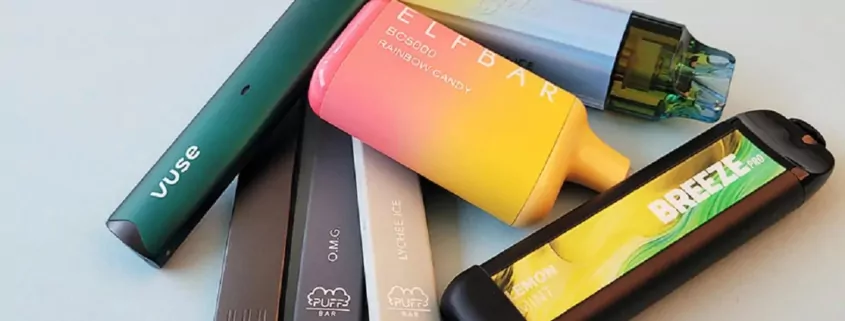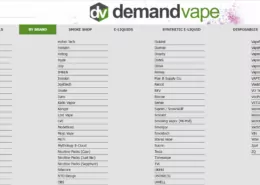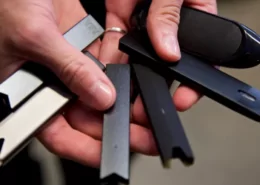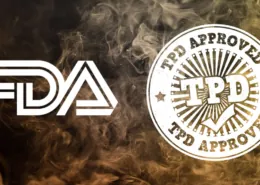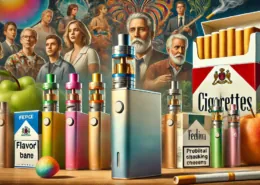Maryland Youth Vaping Spikes: Disposable Sales Up 250%
Study reveals 250% surge in Maryland e-cigarette sales since 2020, driven by high-nicotine, flavored disposables popular with youth.
E-cigarette sales in Maryland have dramatically increased by 250% since 2020, a surge largely fueled by disposable e-cigarettes delivering significantly higher nicotine content, according to a new study by the Centers for Disease Control and Prevention (CDC) Foundation and the Truth Initiative. This rapid rise, particularly among adolescents, is raising significant public health concerns.
The research highlights that disposable e-cigarettes now constitute nearly 75% of the nicotine content sold in the state, with their nicotine levels having risen by over 2,000%. This potent nicotine delivery, combined with youth-appealing flavors and vibrant packaging, is a major concern. Megan Diaz, research director at the Truth Initiative’s Schroeder Institute, stated, “They come in a variety of flavors. They’re just highly attractive to youth. They are providing the most amount of nicotine to the market right now.” In Maryland, nearly 15% of high school students reported using an e-cigarette at least once in the past 30 days, despite the legal purchasing age being 21.
A critical issue identified by the study is the prevalence of illegal sales. More than 80% of e-cigarette sales in Maryland reportedly come from products not authorized by the U.S. Food and Drug Administration (FDA), which has only approved 34 e-cigarette products for legal sale nationwide. The study notes that in 2023, nearly 90% of nicotine sold in the U.S. originated from non-tobacco flavored products, a key factor in youth nicotine use.
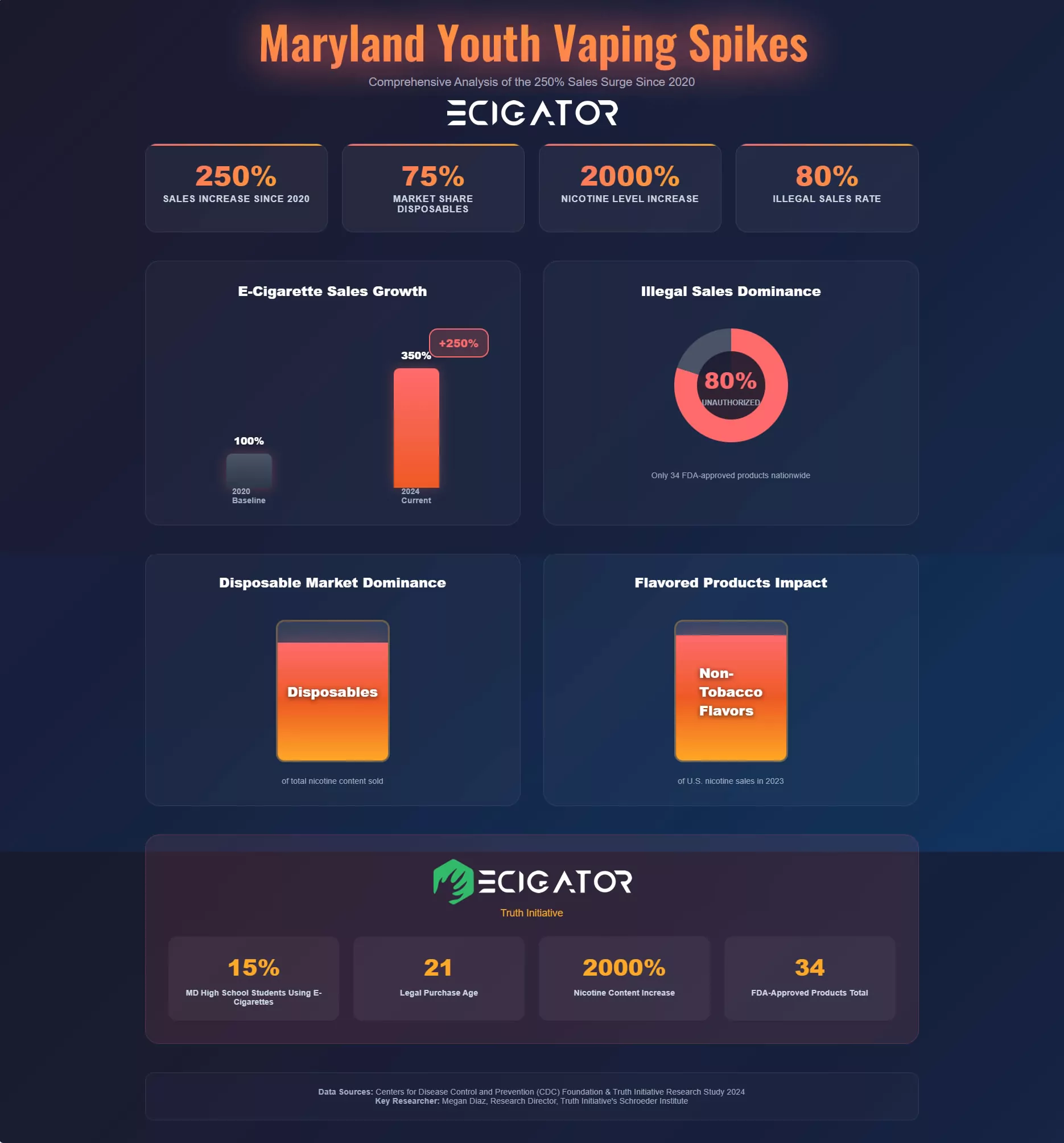
Diaz emphasized the addictive nature of nicotine and the risks it poses, particularly to developing adolescent brains. In response, the Truth Initiative offers free cessation resources, including its EX Program, which now has a new initiative tailored for young people. The proliferation of unauthorized, high-nicotine disposable products suggests that current educational campaigns and retail compliance checks may require bolstering with more comprehensive measures to address both the supply of and demand for these items among Maryland’s youth. Maryland health officials have yet to announce new specific measures following these findings.
- UK Considers £100 Fines for Vaping at Outdoor Bus Stops - July 29, 2025
- Spain Galicia to Ban All Vape Sales and Use for Minors - July 29, 2025
- Poland to Tax Nicotine Pouches & Other Vape Products from Aug 1 - July 29, 2025

